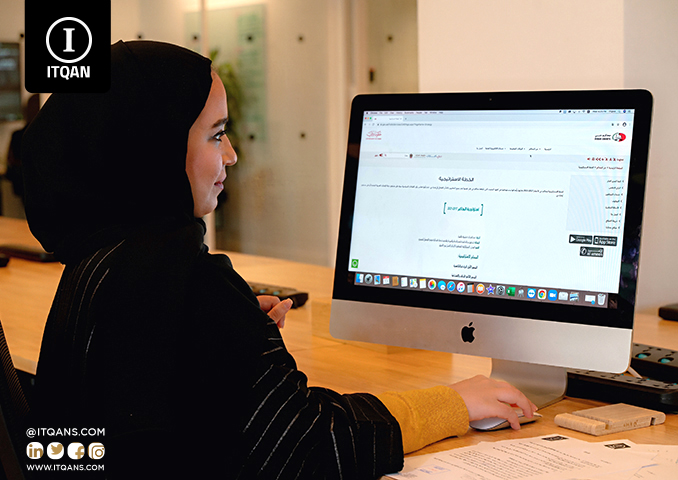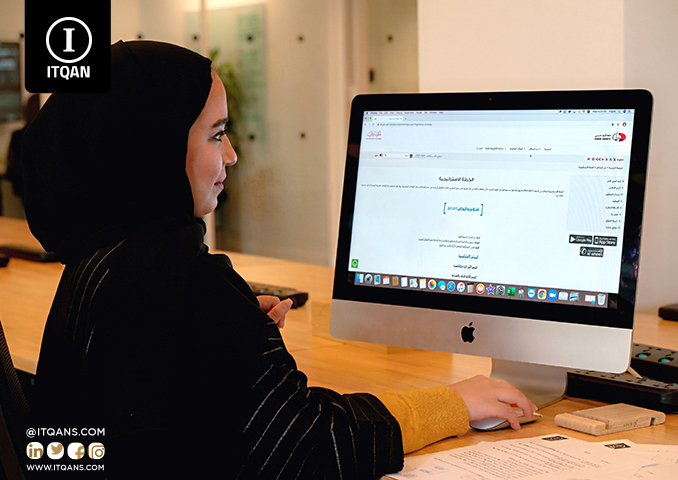Establishing a company in the Emirates. The United Arab Emirates is one of the most prominent global destinations for business and investment, as it provides an attractive business environment characterized by economic diversity and political stability. Establishing a company in the UAE is considered an important strategic step for many investors and entrepreneurs who seek to benefit from promising economic opportunities and advanced infrastructure.
The UAE provides a variety of options for establishing companies of various types, whether they are local companies, companies in free zones, or even offshore companies, allowing investors to choose based on their specific needs and requirements. In addition, the UAE government offers many facilities and tax exemptions that make establishing a company in the UAE a rewarding and profitable experience.
In this article, we will discuss in detail the steps and procedures necessary to open a company in the Emirates , starting from choosing the appropriate type of company, through the legal procedures and required licenses, all the way to costs and financing. We will also go over some tips and tricks that may help investors get the most out of their investments in this dynamic and growing market.

Choose the company type
When considering establishing a company in the UAE , investors and business owners must choose the type that best suits their company from among the available options. The legal types of companies in the UAE vary based on several factors, including the nature of the business activity, the size of the investment, and the target audience. Here is an overview of the main types of companies in the UAE:
Free zone companies
Free zone companies offer many benefits to investors, most notably full tax exemption on income and profits, and 100% foreign ownership. There are multiple free zones in the Emirates, such as Jebel Ali and Dubai South, all of which are designed to attract investments in various sectors such as industry, trade, and services. Free zones also allow for easy transfer of profits and capital, making them an attractive option for foreign entrepreneurs.
Local companies
Domestic corporations, or limited liability companies (LLC), are a popular choice for businesses targeting the local market. These companies require a local partner to own 51% of the shares, which may be a challenge for some foreign investors. However, local companies offer advantages such as direct access to the UAE market and many government incentives. These companies can engage in a wide range of business activities without free zone restrictions.
External companies
Offshore companies, or offshore companies, are usually created for specific purposes such as managing assets or achieving tax benefits. These companies are registered in areas with flexible laws and low financial controls, making them ideal for businesses that do not require a physical presence in the UAE. Offshore companies differ from free zone companies in that they cannot conduct business within the Emirates, but they benefit from not being taxed on profits and income.
Choosing the appropriate type of company depends on the investor’s goals and the nature of the business activity. It is important to consult with legal experts and financial advisors to ensure you make the right decision that complies with local laws and enhances your chances of business success.
legal procedures
Legal procedures are considered one of the most important steps that entrepreneurs must follow to ensure establishing a successful company in the Emirates. These procedures include a range of licenses and registrations that must be met to ensure full compliance with local laws. Below are the most important legal steps required to establish a company in the UAE:
Licenses required
The licenses required vary depending on the type of business and the geographic location of the company. For example, the licenses required for a company operating in a free zone are different from those operating in the local market. Business owners must obtain the following licenses:
- Commercial license: related to the type of commercial activity that the company will carry out, whether commercial, industrial, or service.
- Professional License: Required for companies that provide professional services such as consulting or legal services.
- Industrial license: necessary for companies operating in the industrial and manufacturing sector.
Commercial registration
After obtaining the appropriate licenses, the company must be officially registered with the relevant government agencies. This includes:
- Trade name registration: You must choose a unique trade name and comply with the requirements of the Department of Economic Development in the chosen emirate.
- Preparing the articles of incorporation: Partners must prepare the company’s articles of incorporation and have it authenticated by the competent government authorities.
- Opening a bank account: A bank account must be opened for the company to manage financial operations and maintain the allocated capital.
Comply with local laws
To ensure that business runs legally and smoothly, a company must comply with a range of local laws and regulations, including:
- Labor Laws: Compliance with laws related to labor recruitment, including employment contracts, working hours, and wages.
- Tax laws: Compliance with imposed taxes such as Value Added Tax (VAT) and customs taxes, if any.
- Safety and security standards: Companies must adhere to standards for occupational and health safety and security to ensure a safe working environment for employees and customers.
By carefully and carefully following these legal procedures, entrepreneurs can establish a successful company that is compliant with local laws in the UAE, ensuring a stable and sustainable business environment.

Costs and financing
Costs and financing
Costs and financing are among the most important aspects that investors must take into consideration when establishing a company in the UAE . Starting any business venture requires careful budget planning and identifying available funding sources. In this section, we’ll go over some of the key aspects of costs and financing that entrepreneurs should consider.
- Required capital
The capital required to establish a company in the UAE varies based on the type of company and the field in which it operates. For example, large companies may require more capital than small or medium-sized companies. It is important for the investor to conduct a careful financial feasibility study to determine the amount of capital needed to establish the company. This study can include upfront costs such as rental costs, equipment purchases, employee hiring, and marketing costs.
- Operating expenses
In addition to the initial capital, there are also operating expenses to consider. Operating expenses include monthly rental costs for offices or facilities, employee salaries, utility costs such as electricity and water, in addition to marketing and advertising costs, and other administrative expenses. It is necessary to estimate these costs accurately to ensure the sustainability of the business and achieve the desired profits.
- Financing options
There are many financing options available to investors in the UAE. Financing can be obtained from local banks that offer business loans on favorable terms. Individual investors or venture capital firms can also be used to obtain additional financing. In addition, the UAE government provides many programs and initiatives to support entrepreneurship, which can include grants and financial assistance for emerging projects.
In conclusion, good financial planning is one of the essential factors for the success of any business venture. By carefully determining costs and financing, investors can avoid financial risks and ensure their company grows sustainably in the UAE market.
Our company’s role in establishing a company in the Emirates
The UAE is an attractive destination for businessmen and investors from all over the world thanks to its dynamic economic environment and government facilities provided to startups and large companies alike. Understanding the different options for setting up companies, whether in free zones or as local or offshore companies, is an essential step to achieving business success.
In addition, all the required legal procedures must be taken care of, from obtaining the necessary licenses to business registration and compliance with local laws. These steps ensure that the company is prepared to operate legally and smoothly, which contributes to strengthening trust between the company and its customers and business partners.
Also a vital aspect is careful financial planning, as the required capital and operating expenses must be accurately determined, in addition to exploring available financing options that can help support the company’s growth and sustainability.
In conclusion, it can be said that establishing a company in the UAE requires careful study and careful planning, but the potential benefits make this investment a step worth considering. By following the right steps and adhering to local laws, new businesses can thrive and achieve great success in one of the most competitive markets in the world.
Frequently asked questions about establishing a company in the Emirates
What are the financial requirements to establish a company in the UAE?
Financial requirements vary based on the type of company and the region in which it is established. Costs include government fees, rental costs, and fees for legal and accounting services.
Can foreigners fully own companies in the UAE?
Foreigners can own 100% of companies in free zones. On the mainland, some activities may require a local partner who owns 51% of the company, but recent amendments allow full foreign ownership of some activities.
What are the free zones in the UAE and what are their benefits?
Free zones in the Emirates include Dubai, Abu Dhabi, Sharjah, Ras Al Khaimah, Fujairah, and others. Benefits of free zones include: 100% foreign ownership. Complete tax exemption. Full return of capital and profits. Advanced infrastructure.
How do I choose the right business activity for my project?
Choosing a business depends on your personal interests, professional experience, and market study to determine available opportunities and demand for the proposed activity.
How can I obtain a residence visa for me and my family after establishing the company?
After establishing the company, it is possible to apply for a residence visa for investors and their family (wife and children) through the Immigration and Passports Department.
What is the validity period of a commercial license and how can it be renewed?
The validity period of a commercial license is usually one year. It can be renewed annually by submitting a renewal application and paying the required fees before the license expires.
Is there support available for new companies in the UAE?
Yes, the UAE provides many support and incentive programs for new companies, including business incubators, business accelerators, financing, and facilities for small and medium enterprises.

















